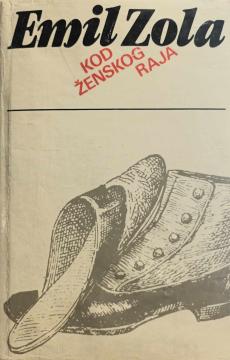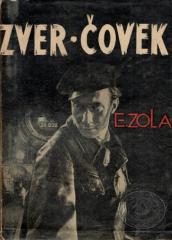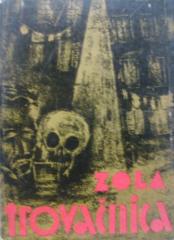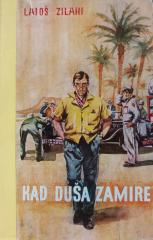
Kod ženskog raja
This novel reveals to us the hidden world of a Parisian brothel from the beginning of the 20th century.
Taking us by the hand, Zola leads us through dark passages and secret rooms, revealing stories of courage, suffering and strength of women trapped in this cruel world.
Octave Mouret, the main character of the novel, runs a very successful Parisian fashion house and makes a lot of money selling women's clothes and things necessary for the fairer sex. Behind the shiny windows and abundance in the store hides a terrible poverty. Mure calculated well: all the housewives, small-town women and maids rushed to the cheap goods, to the restals and "coupons" displayed all the way to the street. His department store in Paris became a paradise for the senses, offering silks, perfumes, dresses, gloves, hats, linens, sewing accessories, carpets and expensive furniture. Thanks to unprecedented marketing tricks, aggressive advertising, home delivery and the possibility of exchanging purchased goods, Mure's success is enormous. However, that success has its price, both for his employees and for small traders from the region.
Denise Bodi, a twenty-year-old provincial girl who came to Paris in search of a better life, works as a saleswoman for Mure. Her thirteen-hour working hours, meager food and desperate accommodation for female workers represent the opposite of the luxury offered in Women's Paradise. After numerous attempts to win Denise's favor, Mure will have to come to terms with the fact that not everything is for sale.
One copy is available
- Traces of patina





